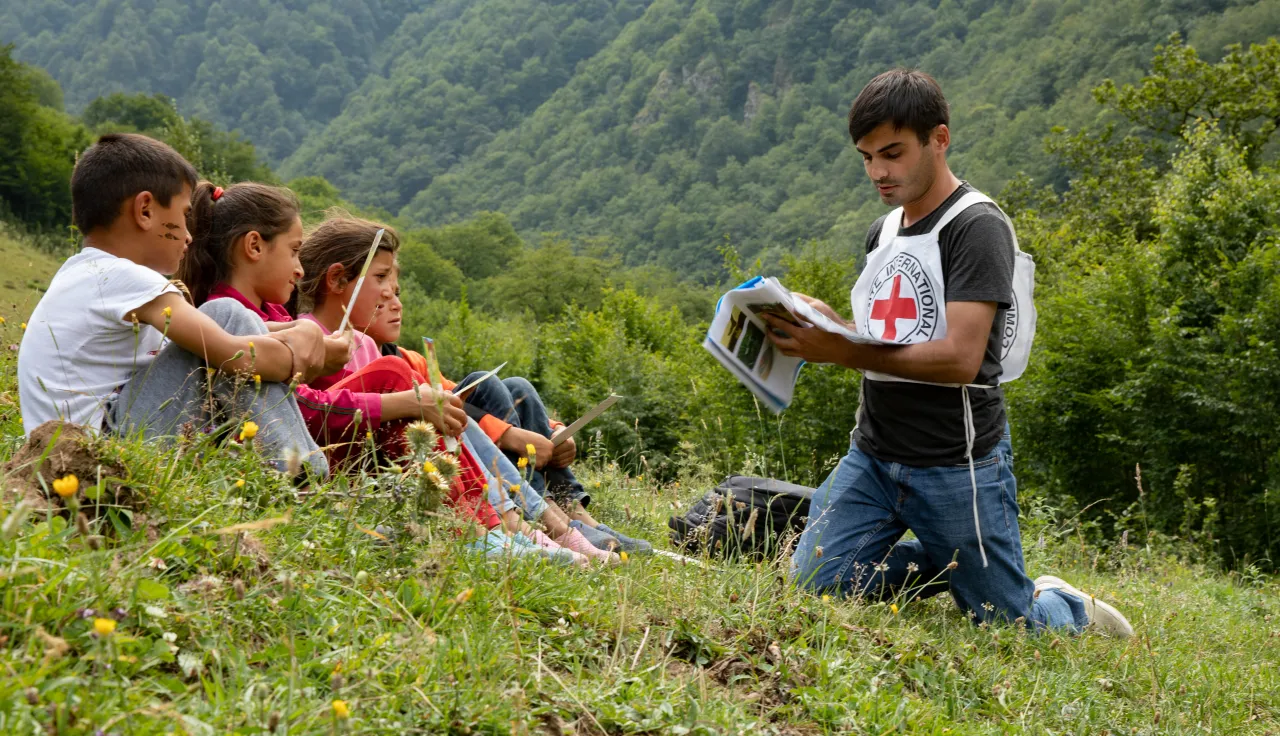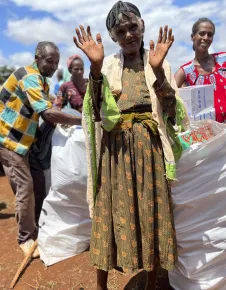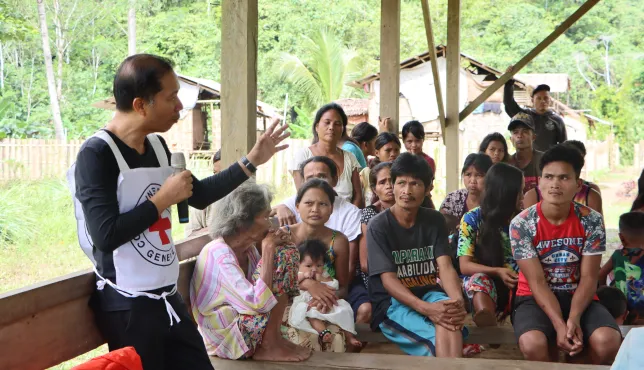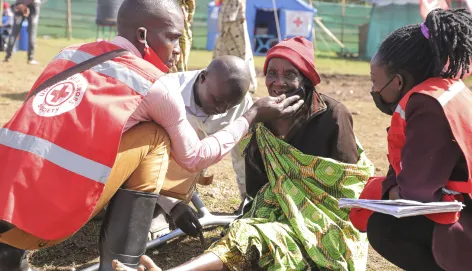Learning from evidence to adapt and improve our ongoing response is essential. However, the ICRC comprises many departments with different areas of expertise. How and when they gather evidence and use it to design and implement programmes varies. Our challenge is to make use of evidence to deliver a coherent multidisciplinary response while keeping people affected by conflict at the centre of our work.
To respond to these needs, we have a dedicated Analysis & Evidence (A&E) unit within our Department of Protection and Essential Services. The unit’s expertise lies in strategic planning, results-based management, geospatial analysis, and humanitarian information management and analysis.
The A&E unit provides critical technical advice through all stages of our programmes, in all areas, drawing on a portfolio of tools, frameworks and methodologies for each stage and thematic area. Its work consists of assessing and analysing needs, formulating and planning programmes, monitoring key success indicators to ensure programmes are on the right track, evaluating programmes and learning from them.
Working closely with other departments, and in coordination with the broader International Red Cross and Red Crescent Movement and other partners, our A&E unit supports all matters related to situation monitoring and early warning systems, multidisciplinary needs assessments, identifying and managing people affected by armed conflict, managing operational information, carrying out thematic analyses, monitoring, evaluation, accountability and learning.
The vision of our Analysis and Evidence unit
The A&E Unit’s vision is to enhance the quality and relevance of the ICRC’s humanitarian response, diplomacy and dialogue through the use of evidence and insights to guide the organization’s strategies, policies and programmes.
The mission of our Analysis and Evidence unit
The mission of the A&E Unit is to promote and enable an evidence-based, outcome-oriented and people-centric programming culture, through the development, planning and implementation of methodologies, processes and frameworks that support that shift throughout the programme cycle.









